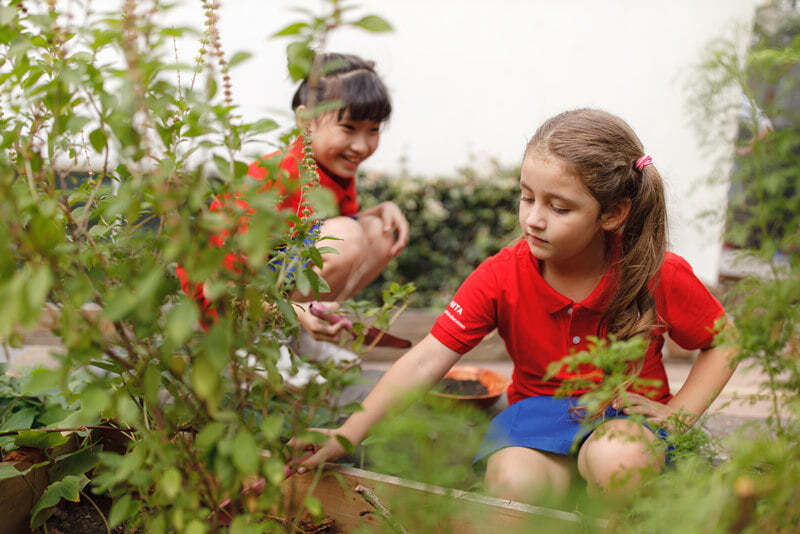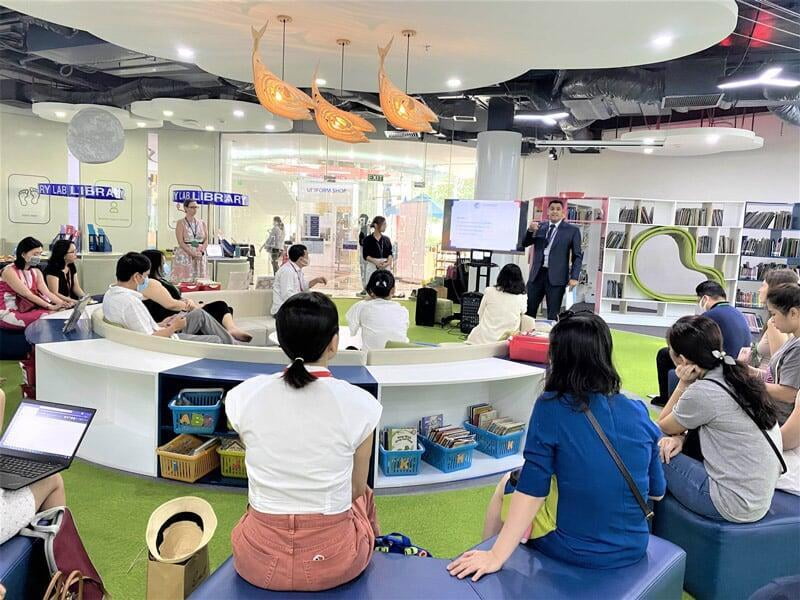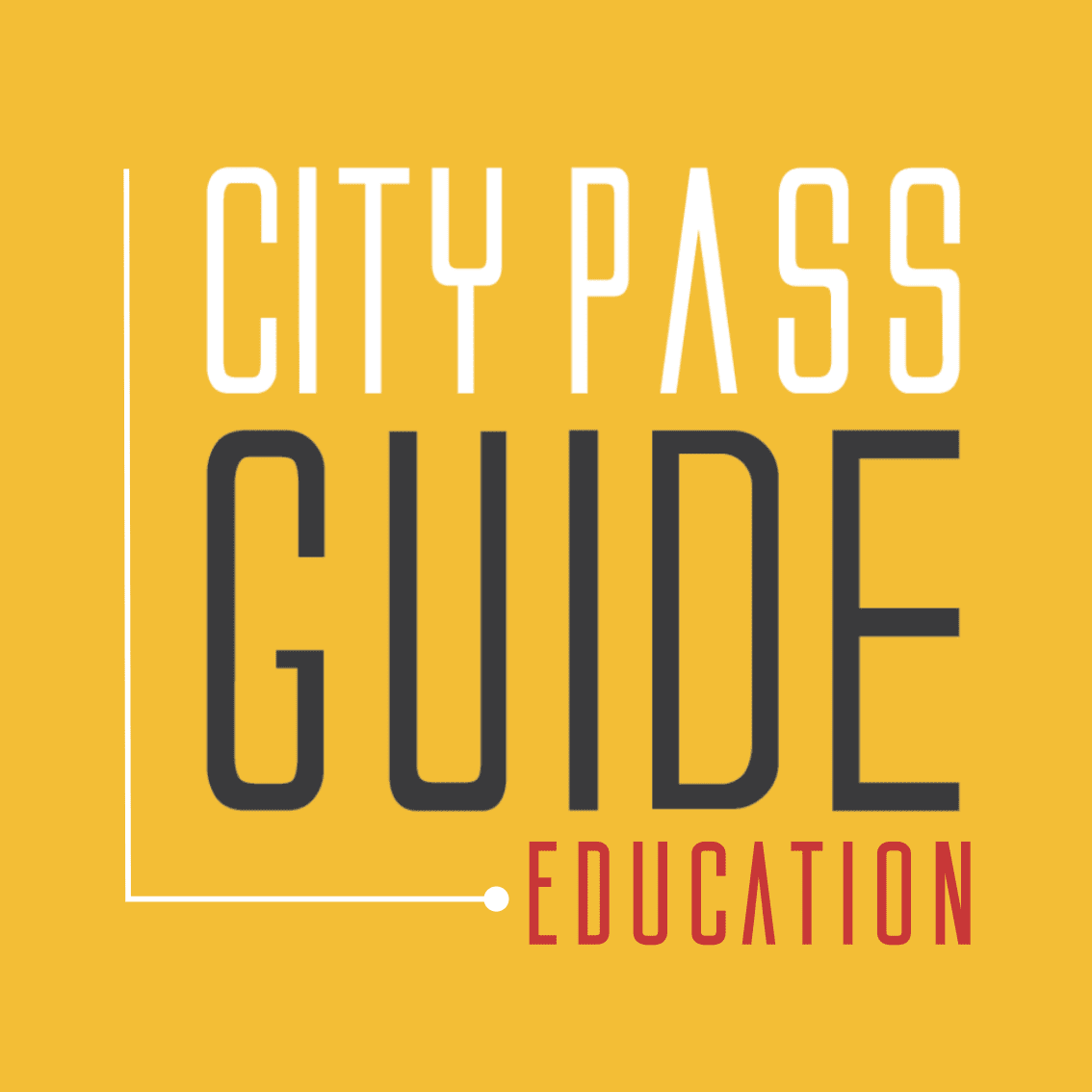At International School Saigon Pearl, we are always looking for ways to improve the educational experience that our students receive. That’s why, earlier this year, we began the process of becoming an authorized International Baccalaureate school.
In order to become an approved IB school, ISSP must first complete the authorisation process. This means that for the first time, starting in August 2021, we will be teaching our curriculum based on the IB Primary Years Programme framework.
More information will be available as ISSP progresses through the authorisation process, but for now here is an introduction to what this means for our students and how it will improve their educational experience.
What is the International Baccalaureate?
The International Baccalaureate or ‘IB’ as it is often referred to, was founded in 1968 with the aim of ‘creating a better world through education’. The IB organisation aims to develop knowledgeable, caring young people by encouraging students across the world to become active, compassionate, life-long learners.
Widely recognised for providing a well-rounded, international education programme, the four IB courses, (Primary Years, Middle Years, Diploma and Career Related) provide students with a programme that cycles through stages of inquiry, action and reflection. Learning is student centred, with teachers focussed on enabling and supporting students as they develop the approach to learning they need, for both academic and personal success.

When following an IB framework, students are supported by teachers to develop an understanding of key concepts across subjects, rather than being restricted by the traditional boundaries of each subject area. Different languages and cultures are explored, which in turn provides students with regular opportunities to explore and construct their own personal and cultural identity.
What Skills Will an IB Student Develop?
Moving forwards, students and teachers will continue to embrace ISSP’s values and visions, but with the introduction of the IB PYP framework, students at ISSP will also come to embody the attributes as identified in the IB Learner Profile.

The IB PYP framework supports the development of 10 key character traits.
Firstly, an IB student can expect to become an ‘inquirer’. During the course of their education IB students are encouraged to develop their natural curiosity. The programme of study is designed to allow students to acquire a variety of skills that are necessary to conduct their own research so that they can become independent in their learning. As students begin to actively enjoy their learning journey, they develop a love of learning that will be sustained throughout their life.
The IB PYP also supports young learners as they become ‘knowledgeable’ and ‘thinkers’. By exploring ideas and topics that are important in both a local and global context, students can expect to acquire a deep understanding across a range of disciplines. As their knowledge grows, students will be encouraged to think critically and creatively to identify complex problems and make ethical decisions about how they could be approached.
With increased level of knowledge and the ability to think critically, the IB Primary Years Programme nurtures students’ ability to become ‘communicators’. They are given support and frequent opportunities to develop the skills necessary to understand and express ideas confidently, working with others as they start to utilise a variety of methods of communication.
As the IB Primary Years programme is intent on developing the whole child, it is not only the development of soft skills that is a priority. Young learners are also exposed to the concepts of honesty, fairness, justice and respect as they learn to become ‘principled’, ‘caring’ individuals. Understanding that they must take responsibility for their own actions, deal with the consequences, and show empathy and compassion to others, are essential skills that IB PYP students will carry with them throughout their lives. By allowing students to make inquiries into other cultures and values, they are also encouraged to become ‘open minded’ so that they can grow as they gain experience.
An IB student can also be expected to become ‘balanced’ and ‘reflective’ as they progress with their learning. Young students develop an understanding of the importance of personal well being through physical, mental and intellectual balance and are expected to give thought to their own personal progress. Students develop the ability to assess their own strengths and weaknesses, and understand what is needed to support their own personal development. This leads to the ability to become a ‘risk taker’ as students come across unfamiliar situations and deal with them with an independence of spirit and courage.
As the world continues to develop and change, the ways that we educate our children and the skills that they develop must also evolve. At ISSP we pride ourselves on providing a progressive learning environment for our students, and by embracing yet another world renowned educational approach, we hope that we will continue to do so for years to come.
